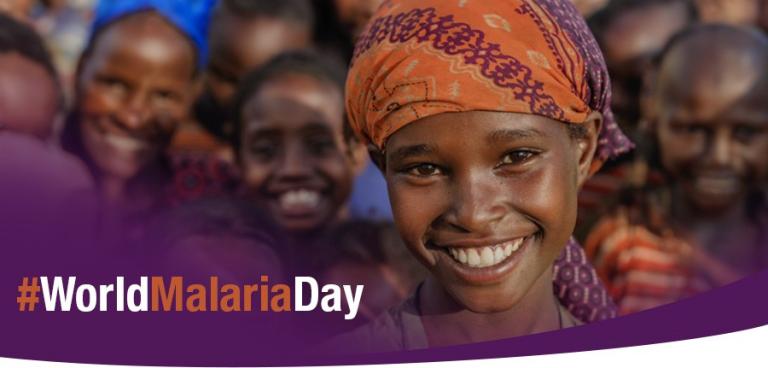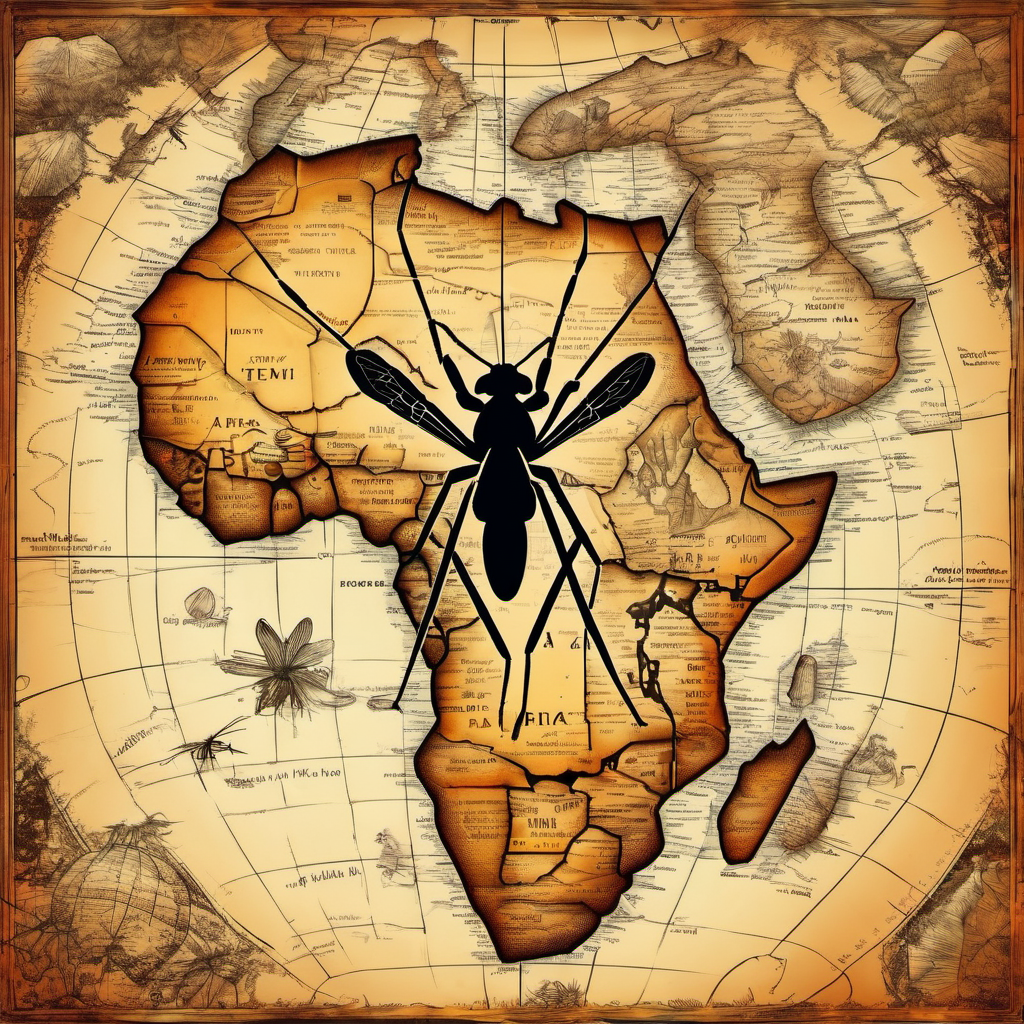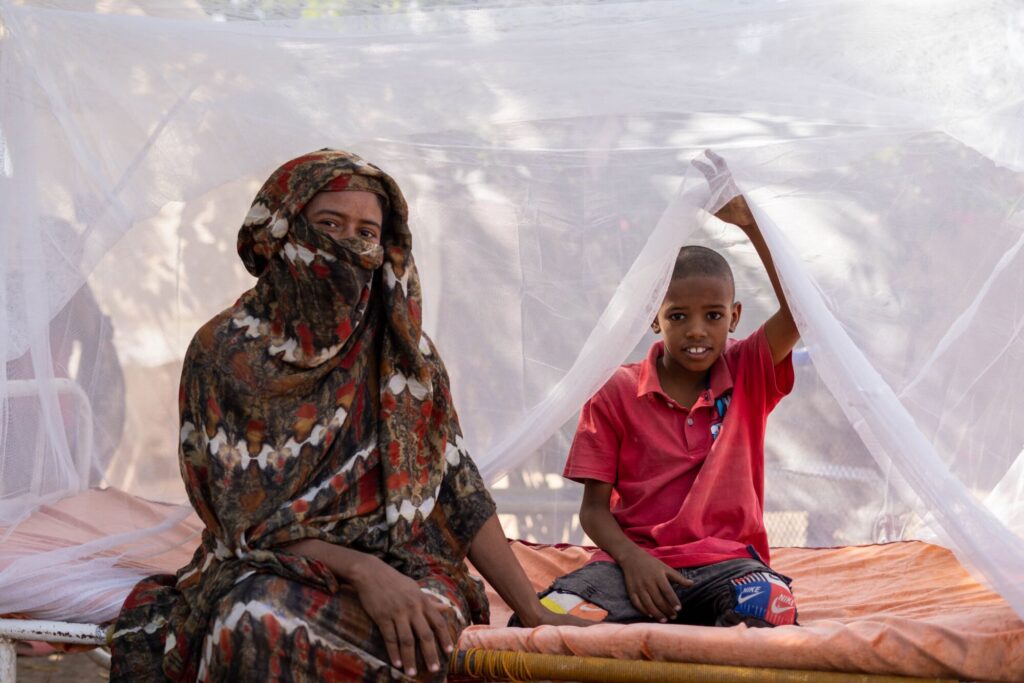The year is 2024 and malaria has arguably permeated everyday conversation in an average Nigerian household. Every fever or headache is almost always attributed to malaria such that concerns are beginning to emerge regarding the overdiagnosis and overtreatment of the disease in Nigeria.
A Disease of Global Concern
Did you know that about 40% of the world’s population, denoting approximately 3 billion people and nearly half of the world population is at risk of contracting malaria?
A global health burden that has lingered for decades, malaria is a life-threatening, preventable disease, caused by the plasmodium parasite and transmitted through certain mosquitoes. Every year, on April 25, the global health community commemorates the World Malaria Day. This annual observance aims to raise awareness, aggregate efforts, and mobilize resources towards the eradication of the disease. In Nigeria and other endemic regions, the thought process behind the World Malaria Day particularly serves to remind us that amidst our familiarity with the disease, we must actively guard against becoming complacent towards it.

Not Just a Popular Disease, But a Notorious Killer
According to the World Health Organization (WHO), there were 249 million malaria cases globally in 2022 with a total of 608, 000 deaths. About 76% of these deaths occured in children under the age of 5, lending credence to the notoriety of the disease as a child killer. In fact, of all the communicable diseases, malaria is one of the leading causes of death in children below age 5, killing, on average, one child every two minutes!
Africa Bears the Greatest Burden
More than 90% of malaria cases and deaths occur in Africa. According to the United Nations International Children’s Emergency Fund (UNICEF), four out of five malaria deaths occur in one of 15 countries: Nigeria, the Democratic Republic of the Congo, India, Mozambique, Ghana, Angola, Uganda, Mali, Burkina Faso, Kenya, Tanzania, Cameroon, Niger, Guinea and Chad. 14 out of these countries are in Africa. Furthermore, it (UNICEF) also affirms that more than one in three malaria deaths occur in two countries: Nigeria and the Democratic Republic of the Congo.

A Disease that Targets the Vulnerable
Malaria often affects vulnerable groups including children under the age of five, the socioeconomically disadvantaged, pregnant women and their unborn children (as a result of low immunity). It is one of the leading causes of poor pregnancy outcomes, accounting for the annual death of 10, 000 women and 200, 000 infants under the age of one year. It is important to know that even in situations where the disease does not directly cause death, it can lead to a series of potentially life changing complications such as brain damage, kidney and liver damage and heart problems.

A Preventable Tragedy
The tolls of malaria on lives is preventable, with simple actions such as sleeping under long-lasting insecticide-treated nets. These nets, for example, have been found to be a highly effective and cheap way to prevent the transmission of the infection as one insecticide-treated net can protect two people for two years. In addition to sleeping under insecticide-treated nets, other ways you can prevent the disease include:
- Using mosquito repellent creams on your body and insecticide sprays in your house
- Keeping your environment clean, clearing bushes and eliminating stagnant waters
- Wearing clothes that cover your body to prevent mosquitoes from biting you, especially in the evenings.
- Avoiding self-diagnosis. See your healthcare professional to establish your diagnosis when you have symptoms that may suggest the illness
- If you ever get diagnosed with malaria, ensure to use quality drugs only and complete your medications as recommended by your healthcare professional
- Be open-minded and vaccinate yourself and your children when the malaria vaccine rolls out. Read more about the vaccine here.
A Word From HealthFacts to You
Ending malaria is possible and it starts with you. We encourage you to join the global efforts to eradicate it by embracing the appropriate preventive measures, sharing the right information and keeping yourself and others safe from the disease. Although we are one day late, happy World Malaria Day from all of us at HealthFacts!









